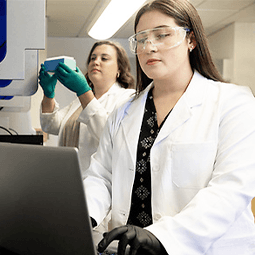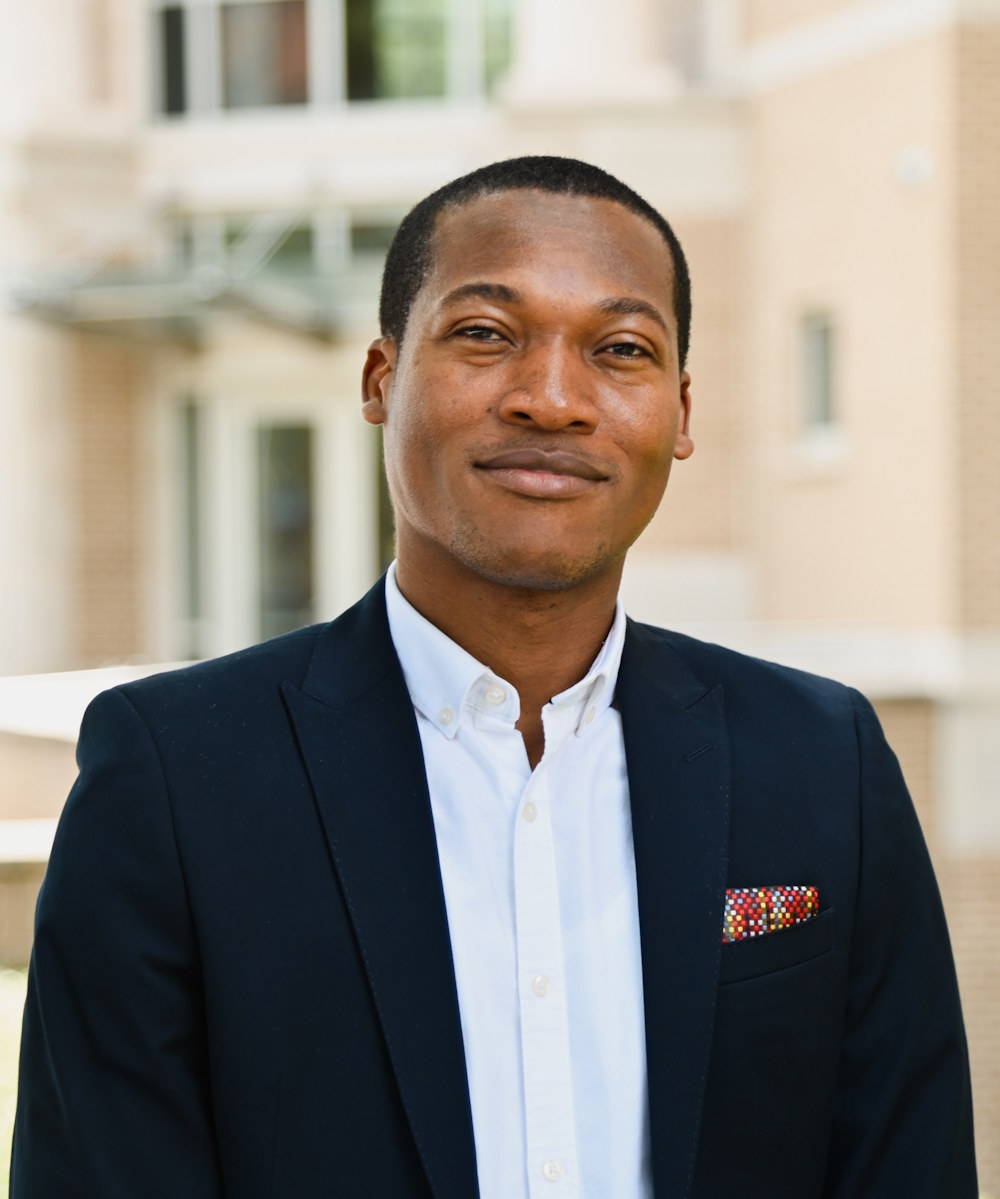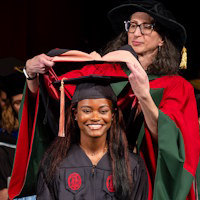
Find Out More
Epidemiologists design and conduct investigations aimed at improving the health of groups of people by combining knowledge from the social sciences, medicine, biology, the environment, and statistics.
May 15, 2025 | Erin Bluvas, bluvase@sc.edu
Prince NII Ossah Addo’s interest in public health began two decades ago when he was a bachelor’s student at the University of Ghana. One of his courses caught his interest by showing Addo how public health prevents illness and promotes well-being at the population level, rather than just treating the individual.
“That broader, community-centered perspective really resonated with me,” he says. “I’ve always believed that one of the greatest desires people have is to be healthy and strong. This belief, combined with what I learned academically, inspired me to pursue a career in public health – specifically, in epidemiology.”
Addo returned to his alma mater to complete a Master of Public Health degree, deepening his passion for epidemiology due to its integration of research, data and real-world impact. When he began looking at doctoral programs in the United States, he found a connection and overlapping research interests with epidemiology associate professor Monique Brown.
“Her encouragement and openness left a lasting impression on me, and that interaction played a pivotal role in my decision to pursue my doctoral training in the Arnold School’s Ph.D. in Epidemiology program,” Addo says. “I knew this was a place where I would be both challenged and supported – an environment where I could truly grow as a researcher.”

During his time at USC, the Norman J. Arnold Doctoral Fellow’s research interests grew from non-communicable diseases (e.g., obesity) to include an array of public health concerns. He is interested in HIV/AIDS, cardiovascular disease, mental health, and sleep health – both individually and in the various ways they intersect (e.g., the relationship between mental health and chronic disease or the long-term health impacts of different sleep patterns).
“I’m passionate about exploring these connections through an epidemiological lens to better understand risk factors, disparities, and opportunities for prevention,” Addo says.
In addition to participating in USC’s Grace Jordan McFadden Professors Program and the South Carolina SmartState Center for Healthcare Quality’s Junior Scholars Program, Addo gained both teaching and research experience. At the Institute for Families in Society, he served as a Maternal and Child Health Data Analyst. As a graduate research assistant within the Department of Epidemiology and Biostatistics, he contributed to Brown’s National Institute of Mental Health-funded project developing a trauma-focused intervention for older adults living with HIV.
“Dr. Brown has been an instrumental figure in my academic and professional development, and her mentorship has been a cornerstone of my Ph.D. journey,” Addo says. “Her support and encouragement have enabled me to present my research at multiple national and international conferences, which has helped me build confidence and expand my professional network.”
Following his May graduation, after winning the Outstanding Epidemiology Doctoral Student Award, Addo plans to continue engaging in innovative epidemiologic research focused on modifiable risk factors for disease prevention and control. He’s looking forward to a career in academia advancing scientific knowledge that directly improves the lives of various populations.
“As a Ph.D. student, I’ve found USC to be a supportive and intellectually stimulating environment,” Addo says. “The student culture is collaborative, and I’ve had the chance to connect with peers from diverse backgrounds who share a commitment to public health and community impact. Overall, USC has provided me with the academic resources, mentorship, and community connections to grow as a public health researcher and practitioner. It has truly become a place where I’ve been able to thrive both personally and professionally.”

Epidemiologists design and conduct investigations aimed at improving the health of groups of people by combining knowledge from the social sciences, medicine, biology, the environment, and statistics.

The Arnold School is proud of our 2025 graduates, who will go on to change the world locally and globally. Learn about some of the other outstanding individuals who completed one of our 34 programs this year.